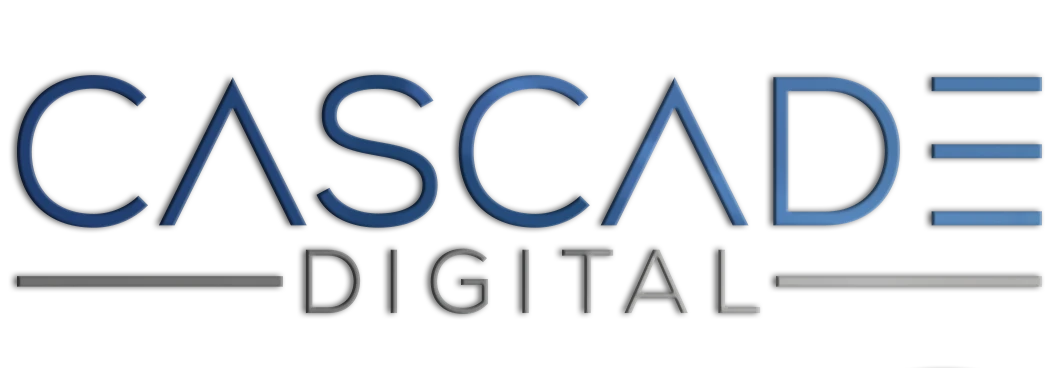Understanding the ins and outs of keywords in Google Ads is the most crucial step to running a successful advertising campaign. But what exactly are keywords used for other than triggering your ads? Learn how the right keyword placements can support your marketing from the Google AdWords platform and beyond.
Defining Keywords in Google AdWords
Keywords in Google Ads are specific words or phrases used to trigger ads in front of searchers. Advertisers target the most relevant ones and bid against others for real estate on the platform. This bidding system is ultimately what creates keywords CPC (cost per click), what you “the advertiser” will pay per click to your website. That’s why the better the words or phrases match to a potential sale, the higher the ad cost. The control you get on the kinds of searches people make is why Google has stayed the world’s leading advertising platform for so long. Think of the types of people you can bring to your site with the right keywords!
How to Find Keywords?
The right words and phrases create the right kind of traffic your website and business need to drive sales. Keyword research is the first step to any successful Google ads campaign, with effective analysis getting you can see ROI early. It involves finding the best (and cheapest) keywords your ideal customer audience is using on Google.
Understand Your Business & Customer
Keyword research matches your product/service to a customer. If you don’t understand who they are and why your business offerings matter to them, you won’t be able to drive sales. Start by thinking about just one of your products and/or services, now relate them to your customer. What is the product/service? What are the problem(s) people are trying to fix? What solution are you offering? How is this solution unique? People don’t care about your business, they only care about solving their own problems. Use this selfish thinking when you start your keyword search.
Brainstorm the Keywords
There’s no need to get crazy on the initial list. Start with searches directly related to your product/service, the most obvious are best. For example, if you sell teeth whitening products, your initial keywords would include “teeth whitening” and “white teeth”. From here you can start building out various problems, solutions and questions your customers might have about this. Such as, “how to get white teeth” or “remove yellow on teeth”. The idea here is to simply create a base keyword list.
Keyword Research Tools
Tools like Semrush, UberSuggest and AnswerThePublic are awesome tools to help you expand your list and get detailed information about search volumes and competition levels. These valuable insights will help point you in the right direction on your campaign(s). Google itself can also provide high-quality information and expansions. Type your base keywords into the search bar and it’ll pull up two key areas for you to analyse, the ‘People Also Ask’ and ‘Related Searches’. These are highly relevant questions and search terms for you to consider, which are only placed here as they have search volumes.
Analyse Competitors
Marketing is about creating something that works, it’s not about reinventing the wheel. Chances are there’s a business out there already successfully advertising the same product/service as you, so why not learn from them? Tools like UberSuggest and Semrush will also allow you to scan competitor websites for information about the kinds of keyword traffic they’re bringing to your site. It’s not advised to copy them directly, but they can provide great inspiration and gaps in your currency research.
Consider User Intent
Arguably the most important element of your research is to consider user intent. This means matching the search terms you’ve identified to a customer’s thought processes and finally your product/service. Put yourself in the shoes of a potential customer. Are they looking to buy, learn, or compare? Understanding user intent helps you select the most valuable search terms.
Types of Keywords
Now that you have your list together, it’s time to put them into a search campaign. At this point you’ve realised there are three different types of keywords, referred to as match types, which are explained below.
Broad Match
Broad match keywords will allow Google complete freedom to find and test search terms it thinks will help drive your campaign goals. While this sounds great, it actually wastes a lot of budget as you’ll be spending money on searches with little to no user intent. This match type is best used down the line once your campaign is already driving results.
Phrase Match
Marking your keywords with “ “ symbols will tell Google they are to be phrase matched. This means you’re restricting Google’s freedom to find and test search terms against your keyword. This match type allows your ad to appear for searches that include the exact phrase or close variations of it. For your new campaigns, this is the ideal place to start.
Exact Match
The ultimate restriction on your ad search terms. This will mean ads only appear when the search query perfectly matches the keyword. While this provides high relevancy (and user intent), it also restricts the number of times your ads will be shown.
Negative Keywords
Negative keywords are extremely important in your campaigns as they tell Google what searches you should NOT appear for. For example, some of your keywords may trigger ads to show for searches which include ‘salary’’ ‘jobs’ if searching for a service. The user intent of these queries don’t match those of your customers, which means they need to be added to the negative keyword list. Negative keywords are created using the same match types as list above, which behave in the same way.
Bidding & Budgeting
Google AdWords is an auction system, which requires advertisers to bid on keywords to secure ad placements. The value of the search terms will depend entirely on the potential revenue those searches can produce, and of course the supply and demand of those keywords. In Google, you allocate a daily budget to your campaign, which will restrict the amount you spend on those ads over a month period (daily spend may be slightly higher or lower but you will never exceed Daily Budget x 1 Month).
You can also opt to set a Max CPC (cost per click) for your entire campaign, or even specific keywords. This means Google will never spend more than your maximum threshold on that keyword, or any search in your campaign if you have added to the campaign. This may mean your ads are shown less depending on the competition, but cna offer far greater control on the overall budget and targeting.
Monitoring & Optimisation
Google AdWords requires continual monitoring to keep your ads in line with dynamic user behaviour and competition. This starts with reviewing your keyword performance, pausing ones with poor performance and adding negative keywords to maintain maximum user intent. New keywords should also be added to test performance, campaigns require a lot of work, with keyword performance one element of many to consider.
Get Expert Support
If you’re new to Google Ads, and maybe don’t have the budget or time to play around on the platform, it’s a good idea to get expert advice. Cascade Digital have spent considerable time and budget on Google Ads, which means our team can help you avoid the common mistakes so many business owners often make.
Contact our team for help and advice with your Google AdWords Management today, or learn more about our service here.

